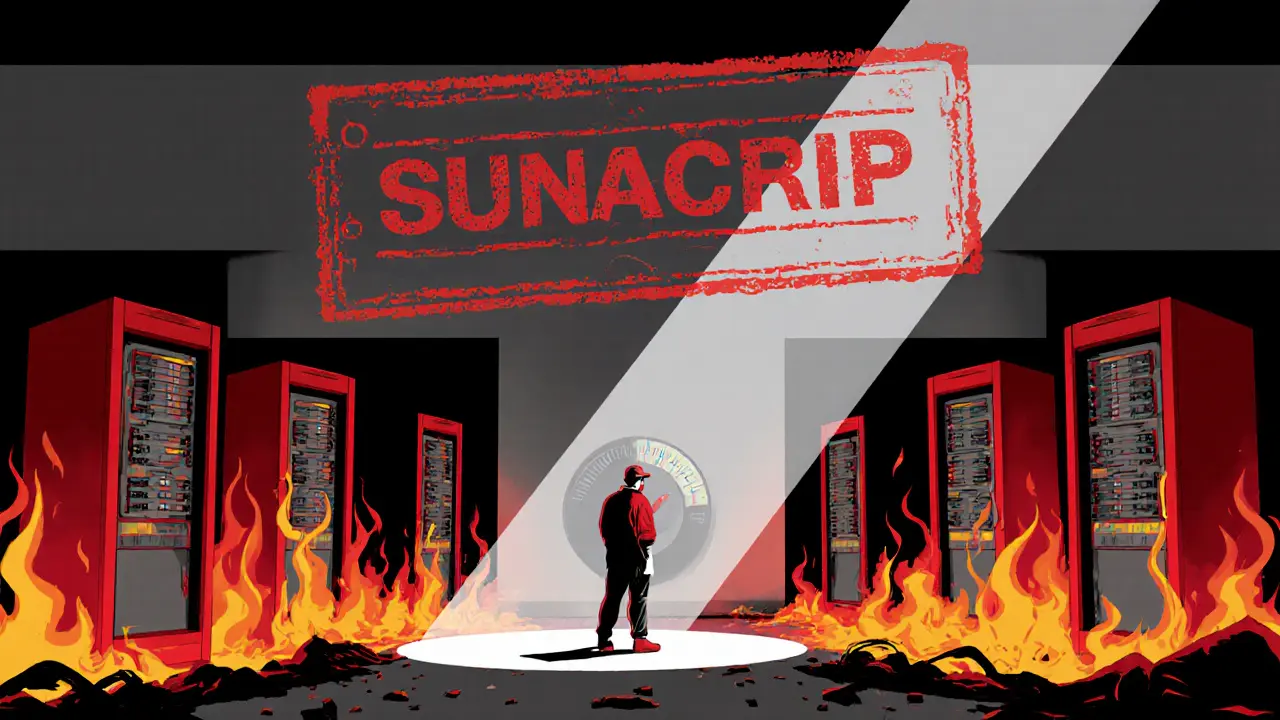Venezuela Crypto Regulations: What’s Legal, What’s Not in 2025
When it comes to Venezuela crypto regulations, the official stance on digital assets is a mix of state control, economic desperation, and contradictory enforcement. Also known as crypto laws in Venezuela, these rules don’t work like those in the U.S. or EU—they’re shaped by hyperinflation, U.S. sanctions, and a government that wants to control money without giving up power. You can own Bitcoin here, but the state won’t protect you if you get hacked. You can trade it, but banks might freeze your account if they suspect you’re bypassing currency controls. It’s not black and white—it’s gray, unpredictable, and constantly shifting.
The Petro, a state-backed cryptocurrency launched in 2018 to dodge U.S. sanctions. Also known as Venezuela’s digital currency, it was supposed to be the answer to economic collapse. But it never gained real trust. Few merchants accept it. Foreign exchanges won’t list it. And even many locals treat it like a government IOU—not real money. Meanwhile, Bitcoin, is the real currency of survival for millions. Also known as BTC in Venezuela, it’s used to buy food, pay rent, and send money home. People trade it peer-to-peer on LocalBitcoins, Paxful, and Telegram groups. No bank needed. No government approval required. Just a phone and a wallet. The government doesn’t ban Bitcoin outright, but it doesn’t make it easy either. Tax authorities have started asking for crypto transaction records. Banks are told to flag transfers linked to crypto exchanges. And in 2024, new rules forced crypto service providers to register with the central bank—something most small traders ignore because the process is slow, expensive, and pointless.
What you’ll find in this collection are real stories and clear breakdowns of how Venezuelans navigate this mess. You’ll see how people use crypto to get around price controls, what happens when the government cracks down, and why some projects that claim to help are just scams. There’s no sugarcoating here—this isn’t about investing in the next big coin. It’s about survival. About using technology to keep your family fed when your salary is worth less than a loaf of bread. These posts don’t talk about theory. They show you what’s actually happening on the ground: the apps people use, the risks they take, and the quiet ways they’re rebuilding their financial lives outside the system. If you’re trying to understand crypto beyond price charts, this is where it gets real.
State Control of Crypto Mining in Venezuela: How the Government Regulates and Restricts Digital Mining
Venezuela’s state-controlled crypto mining system was meant to boost the economy with cheap power and Bitcoin. Today, it’s paralyzed by corruption, blackouts, and broken regulations - yet people still mine anyway.
Details +